It's Okay to Make Two Trips
What carrying too many feelings taught me about emotional responsibility
You know that moment when you're leaving the grocery store, determined to carry everything in one trip? There you are, handles cutting into your fingers, keys precariously balanced, shoulders aching, stubbornly pushing through the pain. We've all been there, swearing under our breath that we'll never buy this much stuff again. (Narrator: We definitely will.)
I realized recently that that's how I've been handling emotions my whole life—trying to carry everyone's feelings at once, convinced I can make it work if I just grip a little tighter. Until inevitably, something drops.
Have you ever felt this way? Like you’ve taken on so much of other people’s feelings that you don’t know where their pain ends and your sense of self begins?
This hit me hard recently, lying awake at 2 a.m. while my brain helpfully replayed every interaction where I might have hurt someone I love. (Thanks, brain! Super productive use of our time together!) What if the hardest part of emotional responsibility isn't figuring out your own feelings, but learning that you're allowed to put down the ones that aren't yours to carry?
The Weight of Being the Peacekeeper
The thing about growing up as a hyper-empathetic kid is that you become really good at reading rooms and managing other people's emotions. Like developing super-human grip strength from all those grocery bags—you learn to carry more than anyone should. You become the peacekeeper, the fixer, the one who makes sure everyone else's bags are secure before even checking your own.
Until one day, you wake up with deep grooves in your palms and realize that despite all your careful carrying, someone else may still see you as the villain in their story. A story where all your efforts to help somehow became proof of your flaws.
It feels unfair, right? But here's what therapy (and approximately 7,492 hours of overthinking) has taught me: Someone else’s version of you doesn’t erase who you are. Just like those grocery bags, you get to choose what's actually yours to carry. You can take full accountability for your impact on others without shouldering the weight of their entire story about you. You can say, “I’m sorry for how my words landed,” without taking on a story that paints you as unworthy of love.
You can love someone deeply while still protecting your own heart. And sometimes – here's the really tricky part – two things can be true at once: Someone can be hurting because of things you did, AND you can be a fundamentally good person who's grown and changed.
(If your inner critic just went, "Ha! Good person? Let me show you every time you messed up..." – first of all, get out of my head. Second, not helpful. But stick with me.)
What We're Actually Carrying
Let’s talk about what emotional responsibility looks like in practice. For me, it wasn’t about being strong enough to carry everything—it was about noticing what I kept automatically putting in my cart.
Looking in my emotional shopping cart during an epic over-thinking session, I found:
Reactions to my boundaries, cushioned like fragile packages I was afraid would break.
Everyone else’s comfort, taking up the space where my needs should be
A lifetime supply of “should haves” I never asked for but picked up anyway
Take a look in your own cart for a moment. What did you automatically pick up? Which feelings are you carrying out of habit rather than choice?
Here’s something I’m learning about those grocery runs: Many of us aren't just shopping for dinner tonight. Like my Yerchan Morak (aunt), who kept her basement deep freezer packed with ground beef "for later," we're subconsciously preparing for some emotional famine our DNA seems convinced is coming. (I blame our multigenerational, “Starving Armenians” trauma.)
When you've experienced real scarcity—whether it was your generation or your grandmother's—you may have learned to treat emotions the same way you treat food. We carry extra, just in case. Because somewhere deep in our bones, that not-enough feeling lives: not enough food, not enough love, not enough safety.
That hyper-vigilance isn’t random. When you’ve lived through scarcity, you learn to stock up—whether it’s in a deep freezer or in your heart. For many of us, especially those from immigrant families or cultures that have experienced collective trauma, carrying more than our share isn’t just a habit—it’s how we learned to feel safe in an uncertain world. Look around your family kitchen. Got two refrigerators? They tell a story about survival, about making sure there's always enough.
But we’re grown now. These days, emotional well-being means trusting there’s enough, not overfilling the freezer for worst-case scenarios.
Here’s what I’ve been studying and trying to integrate lately:
Understanding why you carry so much is different from accepting or believing that you have to keep carrying it all. You can honour your ancestors' survival wisdom while still asking yourself: "Is this actually mine to hold?"
Take a moment and consider:
Which emotions in your cart are actually yours?
What are you carrying "just in case" someone needs it?
What might happen if you put down something you automatically picked up?
Sometimes, the bravest thing we can do is put down the very habits that once kept us safe. Not because they weren't necessary then—they absolutely were. But because we're no longer living in that same scarcity. Your emotional well-being doesn't depend on managing everyone else's feelings any more than your survival depends on having seven types of lentils in your pantry. (Though I'll never give up my brown lentils. A girl has her limits.)
This brings us back to the heart of emotional responsibility: learning to distinguish between what's yours to carry and what isn't. Understand that you can nourish connections without overfeeding them and that you can care deeply without carrying everything.
The Art of Putting Things Down
So what does it look like in practice when we start setting things down? First, we need to notice what we're actually carrying. Take a moment and peek in your emotional pantry—you might find three half-empty bags of flour you bought (they were on SALE!) or feelings you've been stockpiling without even realizing it.
Here's what I'm learning about letting go: It starts small. Really small. Like learning to buy just what you need for this week's meals instead of stocking up for an apocalypse. When you catch yourself automatically reaching for someone else's feelings, try pausing. Just for a moment.
You can care without carrying it home. You can listen without trying to fix. You can acknowledge without shrinking yourself to soothe.
This work can feel strange, even unsettling. When you’ve spent years taking on others' feelings, setting them down might feel like dropping an 18-pack of free-run eggs. It’s okay to feel uncomfortable—it means you’re learning what’s yours to hold and what isn’t.
What does this look like in practice?
When a friend is upset, we can listen with compassion without taking their pain home
During conflict, we can acknowledge impact while letting go of blame beyond our control
If we upset someone we care about, we can hold space for their hurt without accepting their whole story about us
What would one of these look like in your life this week? Where might you experiment with caring deeply while carrying less?
This isn't about rejecting real stories of scarcity or your history, nor dismissing how our actions impact others (unintentionally or not). It's about recognizing that sometimes, the very habits that protected us in the past keep us from growing into who we could be. The hyper-vigilance that made you an excellent emotional forecaster? It's a beautiful skill. But you get to choose when and how to use it now. Wield it wisely.
A Note from My Hungry Heart
My fridge will probably always be a little too full—because old habits of love and survival run deep.
But I’m learning that true nourishment often comes from carrying less, not more. Each time I choose to make that second trip, I practice trusting that both I and the people I love can handle our own weight — and that the effort is worth it.
Maybe you'll find yourself still trying to carry everything in one trip sometimes. Practicing is part of the journey, too. You’ve been doing it the other way for generations, after all. The real growth happens in those small moments of noticing, in the gentle reminder that you can always come back for what matters.
Take a minute today and ask yourself: What might become possible if you trusted yourself to make two trips? Could you create more ease, more space for joy? What would change if you let go of what isn’t yours to hold?
I’d love to hear: What’s one thing you’re practicing setting down this week or this year? I’ll be here cheering you on—with snacks, because letting go is hungry work.





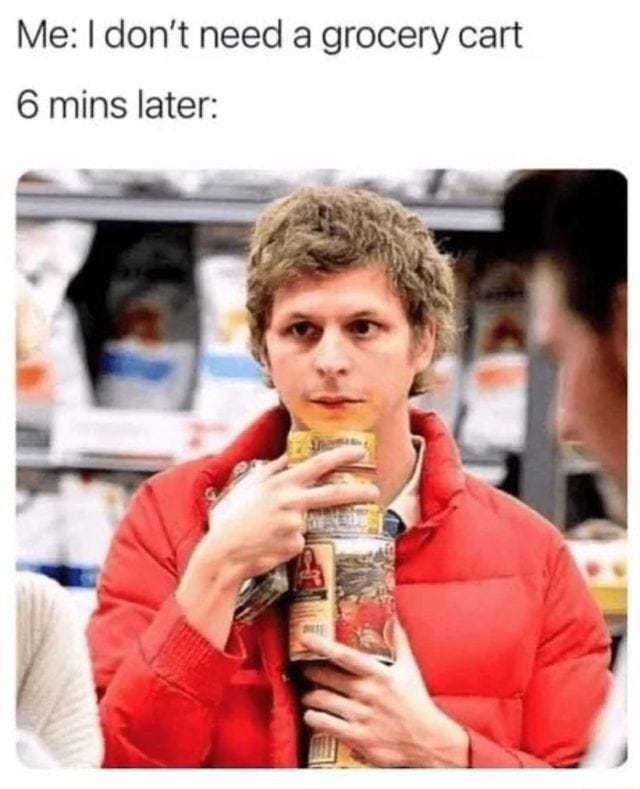
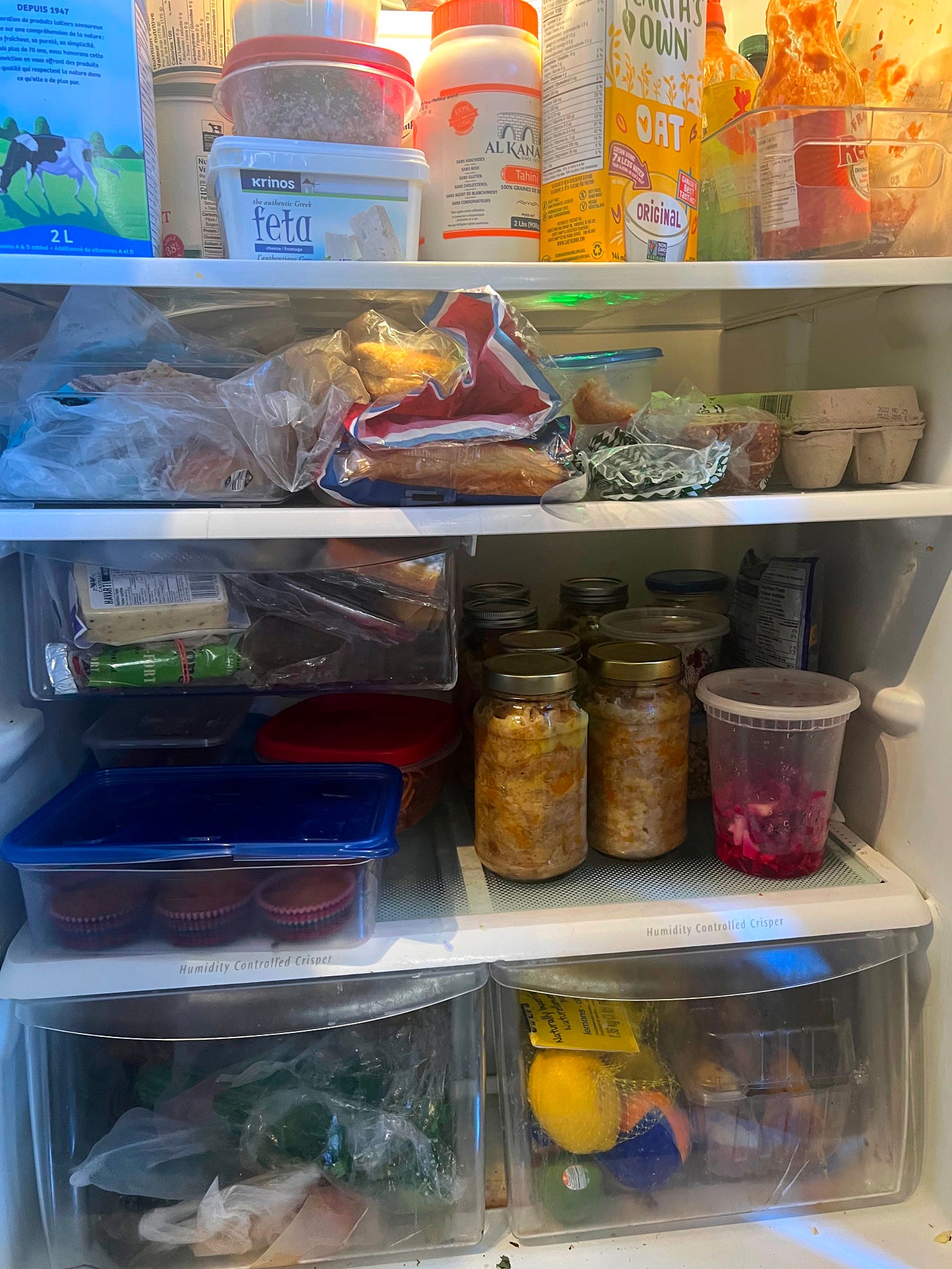
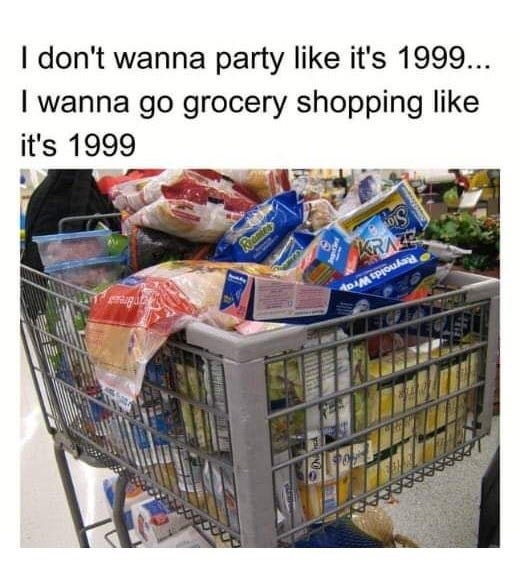
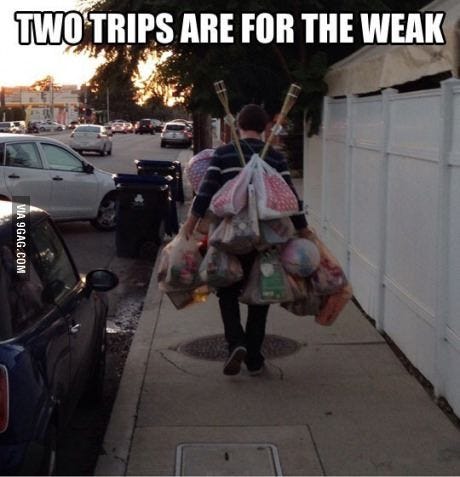
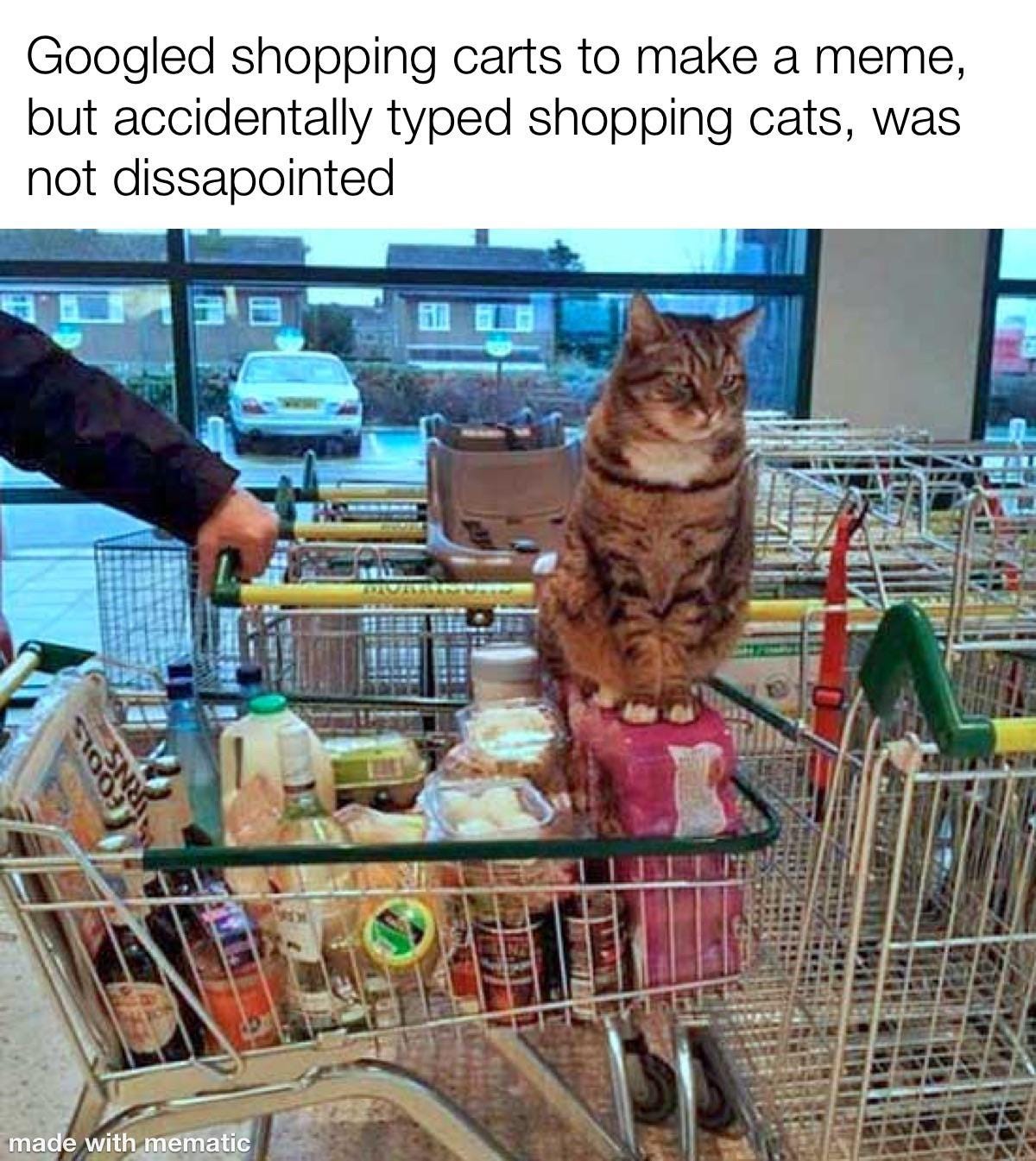
Equal parts wisdom and humour, which incidentally, is also just how i would describe you
Resonates. I've been carrying other people's Costo sized fears of financial scarcity for so long I thought they were mine. And even recognizing this, it's hard to hand in the membership card, in case it's worth it.